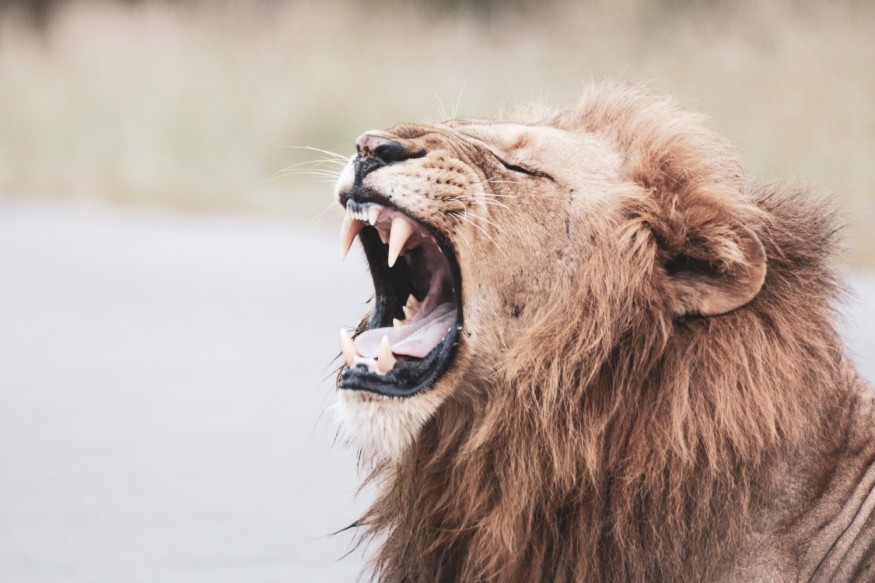Human noise is "scarier" and "more frightening" for some animals in the wild than a lion's roar, according to a new study led by researchers in Canada.
The scientific paper revealed earlier this month that lions are widely viewed as the "world's most fearsome predator" and the "king of beasts."
However, new global examinations suggested that wildlife exhibited fear when hearing human voices more than the outcry of the king of the jungle.
For years, illegal activities such as poaching, unauthorized wildlife trade, and animal trafficking have been considered as the greatest threat to wildlife in different parts of the world.
Now, the new scientific paper mentioned an unprecedented twist that even a mere interhuman conversation is enough to disrupt some wild animals or even make them flee, as it was reported in the study based on new global surveys.
Human Noise Scarier Than a Lion's Roar

In the study published in the journal Current Biology on October 5, a research team from Western University in Ontario, Canada, confirmed that wildlife's fear of humans may be far greater and widespread than scientists previously thought.
While the team acknowledges humans as being a "super predator" when it comes to hunting wild animals through modern tools at their disposition, they also linked human noise to be almost synonymous with the notion of death from the perspective of some wild animals.
Wild Animals Fear Human Voices
The findings of the Current Biology study are not absolute for all wild animals, since there are some beasts that choose to attack humans when threatened in their own territories.
Nevertheless, the scientific report revealed that 95% of wildlife, including hyenas, impala, kudu, leopards, warthogs, and zebras ran way or abandoned waterholes in response to their fear of humans.
The researchers chose the site since waterholes are known as a small pool of water in the wild where animals regularly drink.
These findings were conducted and verified after the researchers placed "hidden camera-speaker systems" at the waterholes.
The devices, which play the sounds or voices of men and women speaking calmly in local languages, are triggered when an animal gets near within 10 meters.
The human noises were also compared with lions' roar, as well as other related sounds from the king of the beasts like snarling and growling.
The researchers, who worked in South Africa's Greater Kruger National Park, also cited other research that deer, kangaroos, mountain lions, wallabies, and wild boards also fear humans more than lions and other apex predators.
Wildlife Hunting Activities
As mentioned earlier, researchers hypothesized that some wild animals link human voices or noise with experiences of us hunting them.
For instance, the results of the new study which have shown that most wildlife run from human noise faster than a lion's roar could be influenced by the notorious human activity of wildlife hunting.
Based on reports conducted since the early 21st century, more than 125,000 animals are killed for trophies each year, according to the non-profit charity organization World Animal Protection. Some of these animals include elephants, leopards, and African lions.
Related Article: Noise Pollution: How Does it Affect Our Pets and Other Animals?
© 2025 NatureWorldNews.com All rights reserved. Do not reproduce without permission.





